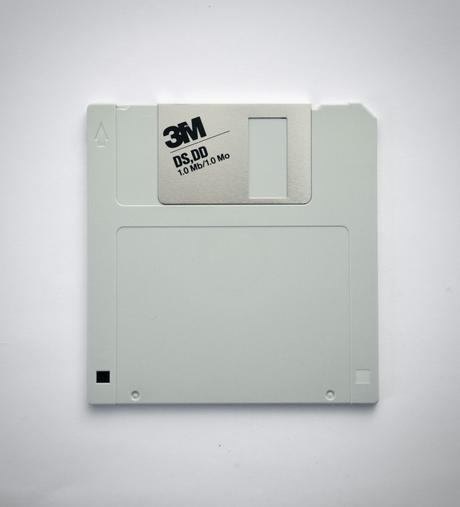I write quite a lot. I’ve done so for decades. As I’ve tried to carve out a writer’s life for myself I noticed a few things. I’ll start a story or novel and put it aside. Sometimes for a decade or more, then come back to it. I recently found what looks to be a promising novel that I began writing, by hand, back in the last century. As electronics forced themselves more and more into my life, I began writing it on my computer. I must’ve picked this story up a few years back because I clearly began revising it, but I ran into a problem. The program in which I’d written it—Microsoft Word—was no longer supported by Apple products. I eventually found a workaround and was able to extract a Rich Text Format from files that my computer told me were illegible. If you want illegible, I felt like telling it, go back to the original hand-written chapters!
I dusted this off (virtually) belatedly, and started working again. Then I reached chapter four. That’s where I’d stopped my most recent revision. Then I discovered why. Near the end of the chapter were two paragraphs full of question marks with an occasional word scattered in. A part of the Word file that the RTF couldn’t read. Frustrated and heartbroken—there’s no way I can remember what this said some thirty years after it was initially written—I simply stopped. This time I went to the attic and found the hand-written manuscript. I went to the offending chapter only to find that the corrupted passage was missing. It was what we used to call a “keyboard composition” and it was eaten by the equivalent of electronic moths.

Now, I’m no techie, but I just don’t understand why a word processing file can no longer be read by the program in which it was written. Publishers urge us to ebooks but how many times in my life have I seen a new system for preserving electronic files fold, with the loss of all the data? It’s not just a few. And they’re asking us to make literature disposable. If I have a book on my shelf and I need to look up a passage, I can do so. Even if I bought the book half a century ago and even if the book had been printed a century before that. I’m aware of the irony that this blog is electronic—I used to print out all of the posts—and I have the feeling that my work is being sacrificed to that void we call electronic publication. That’s why I keep the handwritten manuscripts in my attic.
